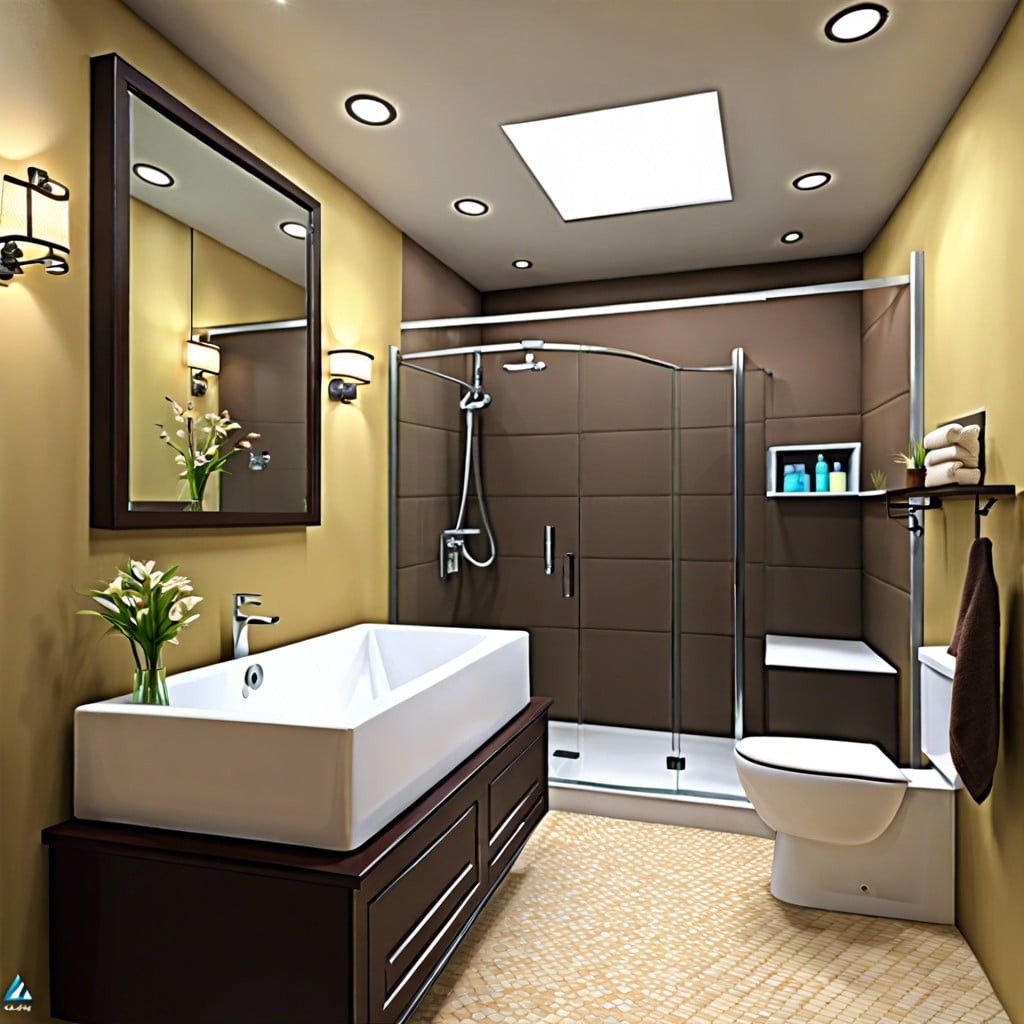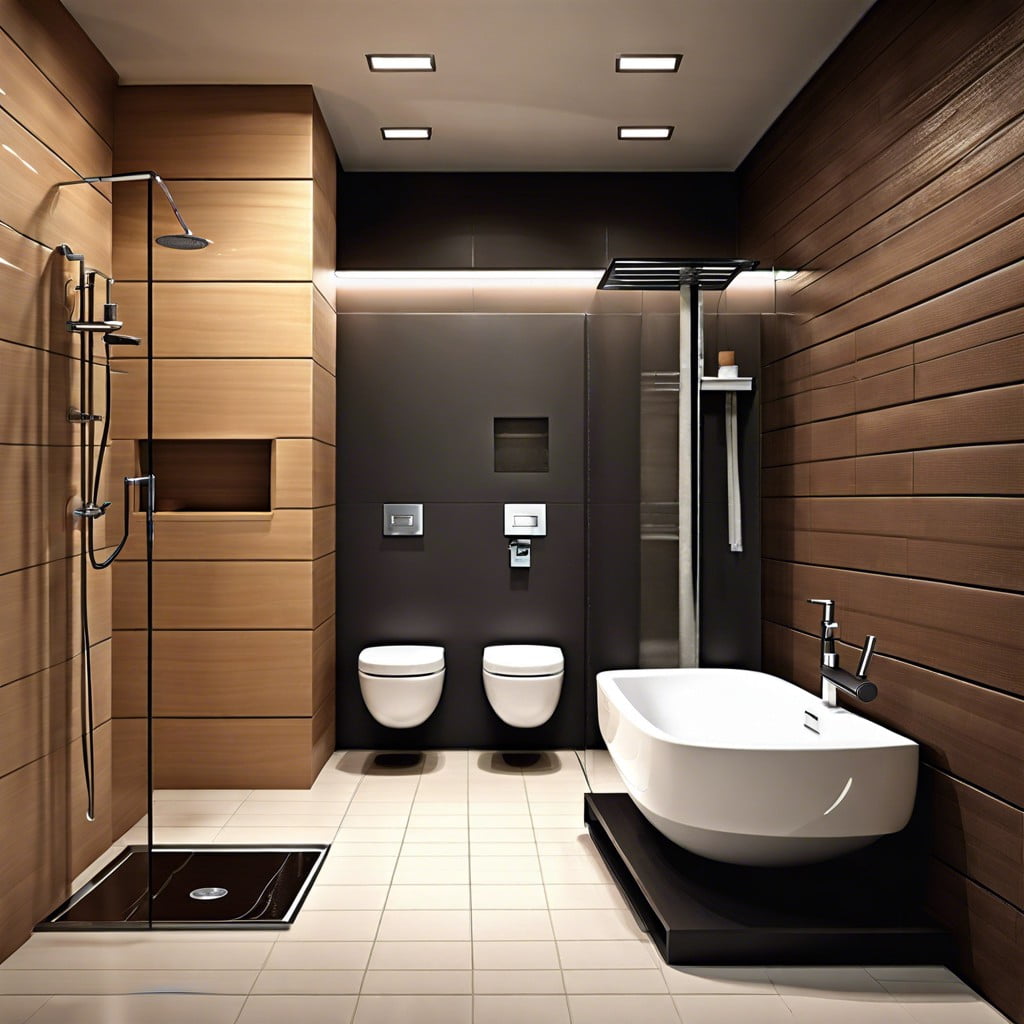Last updated on
Discover the surprising reflex behind why you may feel the urge to poop after eating and learn about the digestive processes at play.
Key takeaways:
- Gastrocolic reflex is the body’s natural response to food intake.
- Trigger factors include large meals, spicy foods, caffeine, and stress.
- Overactive gastrocolic reflex may cause frequent bowel movements post-meals.
- Dietary adjustments like soluble fiber and smaller, more frequent meals can help manage the reflex.
- Seek medical attention if distressing symptoms or other concerns arise.
Understanding the Gastrocolic Reflex
The gastrocolic reflex is your body’s natural response to food entering your stomach. Picture it as an internal green light signaling your digestive tract to make room for new arrivals.
As you chew and swallow, your body gears up for action: stomach muscles contract, pushing existing contents downstream toward the colon. This reflex is strong in infants, prompting a diaper change soon after feeding, and while it calms with age, it still affects adults.
Think of it as the behind-the-scenes maestro conducting the orchestra of your digestive system, coordinating the movement and processing of what you eat. Understanding this may help you realize that an almost immediate bathroom trip after eating can be perfectly normal.
Triggers of the Gastrocolic Reflex
The sensation to defecate post-meal is due to the gastrocolic reflex, where the stomach stretching from food intake prompts the colon to prepare for evacuation. It’s the body’s natural way to make room for more food.
This reflex can be heightened by various factors:
- Consumption of large meals, particularly with rich or fatty foods, can intensify peristalsis, spurring a more immediate bowel movement.
- Spicy foods and those with artificial sweeteners may also accelerate the process, irritating the digestive tract and boosting colonic contractions.
- Caffeinated beverages, such as coffee and tea, are known gastrocolic stimulants, often leading to a quickened laxative effect.
- Stress can play a significant role, as it directly impacts gut motility and function, potentially exacerbating the urge to go post-meal.
By understanding these triggers, one can manage the reflex with better dietary choices and lifestyle modifications.
Identifying an Overactive Gastrocolic Reflex
Feeling the urge to evacuate your bowels immediately after meals might point towards an overactive gastrocolic reflex, which is essentially your body’s overzealous reaction to food entering your stomach. Recognizing this condition hinges on noticing the frequency and timing of your bathroom visits. If it’s like clockwork following every meal, it’s time to pay attention to your body’s signals.
Key indicators include:
- Excessive bowel movements, particularly after eating, without a discernible dietary cause.
- Persistent abdominal discomfort or the sensation of needing to pass stool that disrupts daily activities.
- The onset of symptoms even after a small snack, which shouldn’t typically trigger a full-blown gastrocolic response.
While these signs might suggest an overactive gastrocolic reflex, it’s important to differentiate this from normal digestive processes. A healthy digestive system has a certain level of gastrocolic response; it’s when this response is heightened and impacts quality of life that it may constitute an overactive reflex. In this case, your digestive tract might be a bit too eager, jumping to conclusions at the first sight of food.
Dietary Adjustments to Manage Gastrocolic Reflex
To mitigate the immediacy of the gastrocolic reflex post-meal, consider incorporating soluble fiber into your diet, as it forms a gel-like substance in the gut, slowing down the digestive process. Foods like oats, lentils, and oranges are good sources. Conversely, limit intake of high-fat foods and caffeine, which can exacerbate the reflex by causing stronger contractions in the colon.
Spacing out large meals and opting for smaller, more frequent eating can also help. It’s not just about what you eat; how you eat can influence your digestive system’s responses. Additionally, staying hydrated assists in smoother bowel movements, whereas dehydration can trigger constipation, followed by a sudden bowel movement after eating.
Bear in mind that quick fixes aren’t the goal here; gradual changes are necessary for sustained relief. Pay attention to how your body responds to different foods — a personal food diary can be an effective tool to pinpoint triggers. Remember, every digestive system is unique, so dietary adjustments that work wonders for one person might not for another. Experimentation under the guidance of a nutritional expert can help tailor the best approach for managing your gastrocolic reflex.
When to Seek Medical Attention
If quick bathroom trips after meals become distressing or are accompanied by other symptoms, it’s time to consult a physician. Persistent changes in bowel habits, significant discomfort, or rectal bleeding merit a professional evaluation.
Additionally, if experiencing weight loss without trying, ongoing diarrhea, or signs of dehydration, these are signs to not take lightly. Early intervention can often curb any serious issues and bring peace of mind.
Remember that your health is paramount and seeking medical advice is a proactive step towards understanding your body’s signals.
Recap




